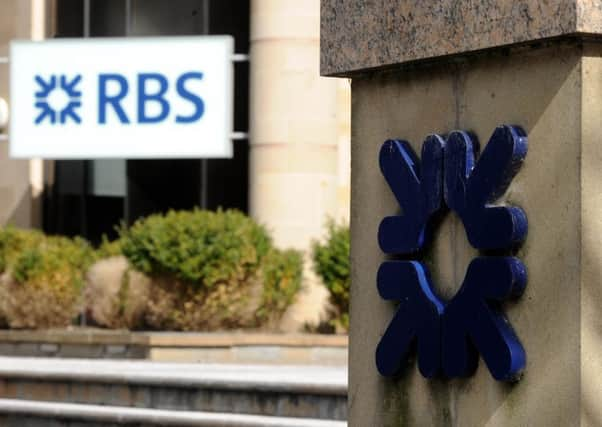Martin Flanagan: Investment banking makes return


Obviously, there are strong political reasons why RBS has decided to focus on its core UK lending business to households and businesses following its fall from grace into taxpayer ownership seven years ago. Waiting for the investment banking wheel to turn again was never really an option.
But Goldman, and to a lesser extent Citigroup’s and JPMorgan Chase’s decent results last week, show that the relative falloff in investment banking results in the wake of the crash was always likely to recover at some stage. Even with regulatory crackdowns and restrictions on proprietary trading in the wake of the crisis, the basic investment banking business model always looked too viable not to show resilience.
Advertisement
Hide AdAdvertisement
Hide AdGoldman saw a return on equity of nearly 15 per cent, which is the best in 18 quarters, as it registered the largest investment banking revenues since 2007 and its highest quarterly profits in four years.
Citigroup, meanwhile, made its biggest quarterly profit in more than seven years, with net income up more than 20 per cent.
Partly this is due to a recovery in mergers and acquisitions work. Goldman made nearly a cool $1 billion from M&A work alone in the latest quarter. As we have seen recently with the launch of some mega takeovers involving the likes of Heinz, Kraft, Shell and BG Group, M&A is in fashion again.
Admittedly, Goldman is exceptionally good at what it does, “vampire squid” criticisms notwithstanding. It is not obvious that other players who have pared back in the area, including our own Barclays, would necessarily benefit from the investment banking recovery in the way the US giant has.
But it always seemed premature to write off investment banking as a damaged business model. Large businesses, large financial institutions and governments will always be in need of the services the “bulge bracket” investment banks can provide.
Banking will never just be a meat-and-two veg “utility” sector, because in a complex, interconnected world finance has become too sophisticated. The likes of Goldman and Citigroup have stayed the course, sometimes accepting that they have had to become smaller in some areas to restore financial returns, but never contemplating any brutal withdrawal from areas like M&A that can be stunningly lucrative.
Goldman, like its more surefooted investment banking rivals on Wall Street, has come full circle, going back to serving clients after what proved the siren voice of trading on their own behalf in the run-up to 2008, Lehman’s downfall, and all that.
Reports of the sector’s demise were premature. «